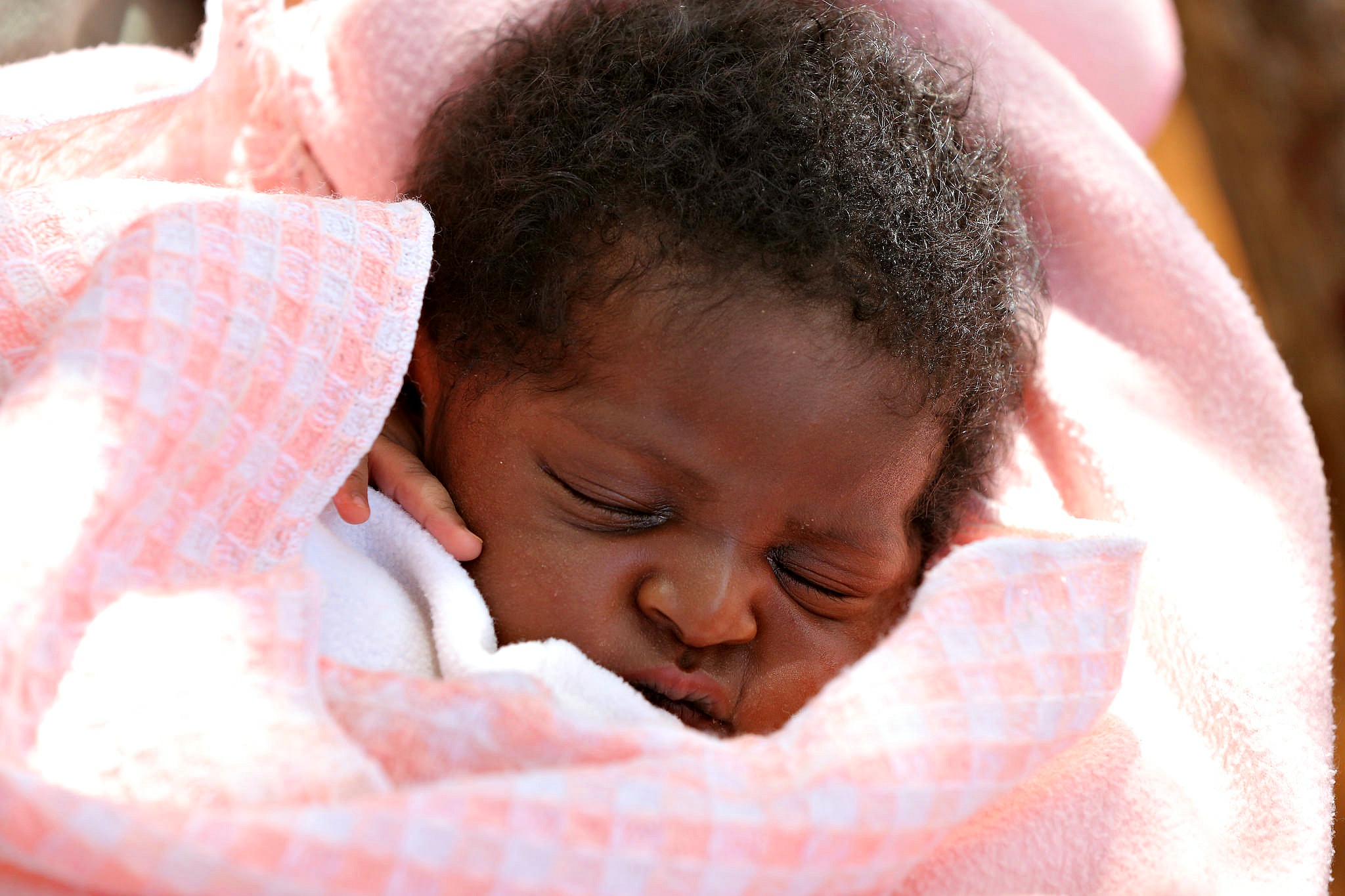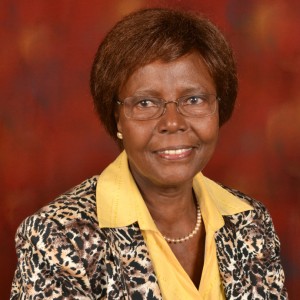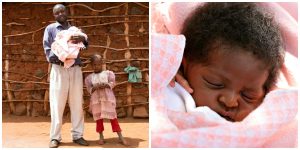Keeping Women & Children Alive in Kenya

“In Kenya, like many African countries, the woman is in charge of her family. She is the one who takes care of the children, feeds the family, and ensures that the family is healthy,” says Country Director Muthoni Kariuki, DrPh.
“Within Kenya, most of our people live in rural areas. In the rural areas, we don’t have adequate health facilities so the women have to walk very long distances to look for health services. And it is even worse when they are pregnant. They deliver at home maybe with a traditional birth attendant, maybe with a mother-in-law, or with a neighbor. So when they start bleeding, the attendant doesn’t know what to do, and so the woman may die,” explains Dr. Kariuki.
Currently, the number one cause of maternal mortality in Kenya is hemorrhage.
“Women bleed to death during or after delivery because they can’t reach the health facilities to deliver with a skilled provider,” Dr. Kariuki says. “In Kenya, CMMB is working to educate women so they know the benefits of going for antenatal care services and the importance of delivering with a skilled birth provider in a healthcare facility.”
In rural Mutomo, Daniel lost his wife in childbirth when baby Mark was born. Mark is just one of nearly 8,000 infants who lose their mothers in childbirth every year in Kenya. His mother died shortly after he was born from postpartum hemorrhage. Daniel’s family lives in a very hard-to-reach, remote part of Kenya where there are few dirt roads. Getting anywhere is a struggle. Reaching the hospital during an emergency is nearly impossible.
“I am now father and mother.” – Daniel
Daniel is grieving the loss of his wife but is grateful for his children. “I am now father and mother,” he says. Baby Mark’s older sister, Faith, is only 5-years-old. Like so many other vulnerable families living in poverty in remote areas, Daniel, Mark, and Faith have lost their leader and their caregiver.
“Mutomo is classified as a poor community,” says Sister Mary Okumu, a Sister of Mercy and the hospital administrator at the Mutomo Mission Hospital. “And poverty is very much associated with ill health. Many of the mothers here have reproductive issues. We see many obstetric emergencies because the women live so far away, and when there is an emergency, to rush them here becomes a challenge. We are partnering with CMMB and the Kenyan government to make sure that services are able to reach mothers and children wherever they are.”
Together, we can help keep women and children alive. In remote communities like Mutomo, an ambulance can save lives. It’s a simple and cost effective way to reach pregnant women and sick children in remote areas.

